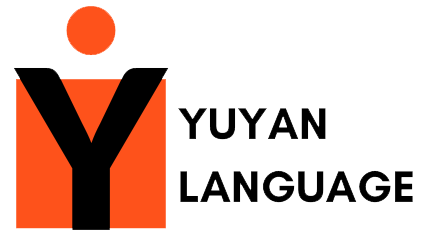
Introduction
In an increasingly interconnected world, language is more than just a tool for communication—it is a gateway to understanding cultures, expanding career opportunities, and fostering global unity. Learning a foreign language not only enhances personal growth but also opens doors to new perspectives and experiences. Whether for business, travel, education, or cultural appreciation, the benefits of multilingualism are undeniable.
1. Bridging Cultural Gaps

Language is the heart of a culture. Each linguistic structure, phrase, and expression holds centuries of history and tradition. By learning a foreign language, individuals gain deeper insights into different cultures, allowing them to appreciate diversity and build meaningful relationships across borders. This fosters empathy and respect for global traditions, leading to stronger connections among people of different backgrounds.
2. Expanding Career Opportunities

In the modern job market, bilingualism or multilingualism is a valuable asset. Companies and organizations seek employees who can communicate across international boundaries. Whether in business, diplomacy, healthcare, tourism, or technology, knowing a second or third foreign language enhances employability and career prospects. Additionally, it allows professionals to engage with global clients, negotiate effectively, and expand business ventures internationally.
3. Enhancing Cognitive Abilities

Studies show that learning multiple languages improves cognitive function. It enhances memory, problem-solving skills, and creativity while also reducing the risk of cognitive decline. Multilingual individuals tend to be more adaptable in switching between tasks and handling complex situations, making them better decision-makers in various aspects of life.
4. Making Travel More Meaningful

Traveling is a thrilling experience, but language barriers can often limit interactions and understanding. Learning a foreign language allows travellers to immerse themselves in local cultures, engage with locals authentically, and navigate destinations effortlessly. Instead of relying solely on translation apps, being able to communicate in another language enhances the entire travel experience.
5. Strengthening Global Communication

International diplomacy, trade, and cooperation depend on effective communication. Language plays a vital role in negotiations, treaties, and discussions on global issues. Learning major foreign languages such as English, Spanish, French, Mandarin, and Arabic contributes to diplomatic efforts and strengthens international relations.
6. Accessing Global Knowledge

Many academic journals, books, and research papers are published in various languages. Learning a foreign language allows individuals to access vast sources of knowledge that might not be available in translation. This is particularly beneficial for students, scholars, and professionals seeking expertise in specialized fields.
7. Boosting Personal Confidence

Mastering a foreign language brings a sense of accomplishment and confidence. Communicating fluently with native speakers provides a boost in self-esteem and encourages individuals to step outside their comfort zones. Whether making new friends, participating in discussions, or expressing thoughts in another language, multilingualism fosters personal growth.
Conclusion
Learning a foreign language is no longer just an advantage—it is a necessity. In a world driven by communication, cultural exchange, and business interactions, multilingualism empowers individuals to navigate the complexities of globalization. Whether for personal enrichment, professional success, or global harmony, embracing language learning is a step toward a more connected and inclusive world.
